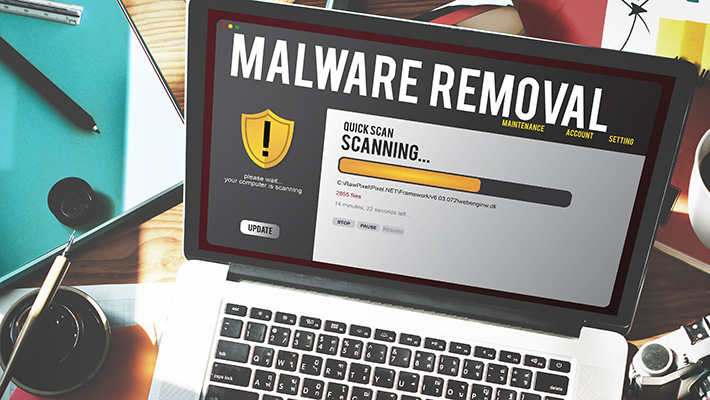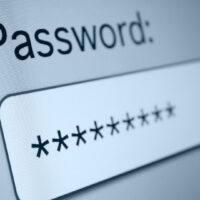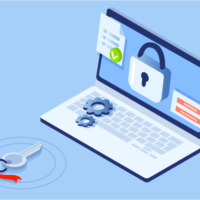Computer Virus and Virus Cleaning Software

If you think of a computer virus similar to the kind that attacks human beings, you will understand how they work. A virus is a piece of software that can usually spread and reproduce over a computer network by infecting other computers’ files on the web. In other words, their growth is self-enacted.
If the infection is accidental or due to negligence, it can still cause damage to the computer network and to the computer itself. A virus can damage files, delete data, and even harm other computers on the network. A disgruntled employee could unknowingly download a virus, or an accomplice could send it through email or by a contaminated attachment on a CD-ROM. A disgruntled employee could damage a computer network by damaging connections between computers or redirecting a network drive.
Dependency has been modeling computer virus attacks; Part 3 will discuss vulnerability and attack vectors.
How do I know if my computer is infected?
Other telltale signs include:
If my computer is running slower than usual or loading pages on the screen so slowly that I can’t even view them, then I think my computer is infected.
An antivirus solution has found corrupt files;
My desktop background changes on its own, often with the start of programs;
Wetware infections have been found to cause viruses frequently;
And system monitors annoying us or other computers on the network have been found to issue alerts.
How can I get rid of these warnings?
Deleting the files has to be done according to the instructions provided by the manufacturer of the devious files. Free spyware and virus cleaning software programs are not designed to delete these files, only to routes around them.
Are there free spyware and virus cleaning software programs out there that I can download?
Recommendations are mixed. Some say that paid spyware and virus cleaning software is better than freebies. I’m dubious of that assessment and prefer the freebies. But, almost all of us spend some time reading and trying to find free programs that will detect and destroy computer viruses. If you spend any time on the WWW, you can find a lot of them.
Some things to consider when deciding whether or not to download a specific program are:
1. How well does the software work?
2. Does the software notify you when it finds a problem or a virus?
3. Does the software notify you of new threats or Virus Patrol info?
4. Are the results of scans from the software reliable?
5. Do I trust the source?
Consider meeting someone to show you the program and tell you about its benefits before downloading and installing it. Take a test run. Despite being free, you may be appalled at the number of programs that block spyware and adware.
From my own experience, I have found that the best strategy is to download and install programs as follows:
1. Before you download the program and install it, run a free scan. (The best free programs I have used are McAfee Anti-Spyware and Spyware Doctor.)
2. Once you have downloaded and installed the program, run a full system scan. (Some antivirus software offers free spyware scans.)
3. Restart your computer and see the changes.
I hope this strategy will be helpful to you. Better to protect your computer now than sorry.



